ADHD Dude Blog
If you have ADHD and you are raising a child with ADHD, parenting can feel exhau...
When a child with ADHD screams, hits, or destroys property after being told no, ...
You followed the recommendations. You got the diagnosis. You found a therapist w...
When my son was younger, I often personalized his emotional dysregulation. The y...
Understanding ADHD Behavior
When my son was younger, I spent years punishing hi...
Bryce, 15, regularly tells his mom, Renee, to “shut the F up” whenever she tries...
If you're reading this, you're likely facing one of the most emotionally loaded ...
If you’re dealing with property destruction, aggression, threats of self-harm, p...
If you're raising a child with ADHD, and you’ve been told that teaching emotiona...
“You don’t care about me.”
“You care about the other kids more than me.”
“You th...












